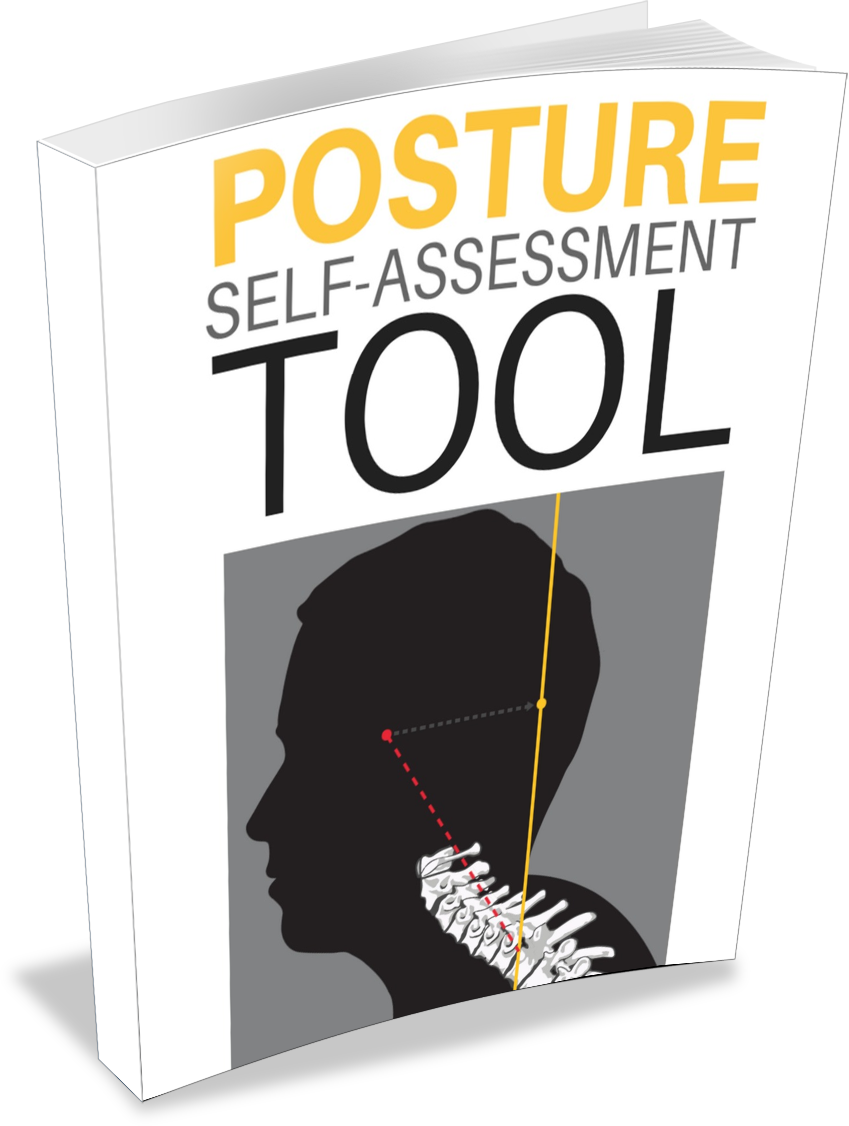For decades, chiropractic care has been associated with pain relief, posture correction, and improved mobility. But there’s a deeper, often overlooked impact of chiropractic adjustments—one that extends beyond bones and muscles. Emerging research and clinical observations are revealing that chiropractic care can actually change the brain.
Let’s explore how chiropractic adjustments influence the central nervous system, affect brain function, and why this connection could be one of the most powerful reasons to seek care beyond pain.
The Brain-Body Highway
The nervous system is the master control center of the body. Your brain, spinal cord, and peripheral nerves form a continuous feedback loop, constantly receiving and interpreting information to coordinate everything from movement and balance to immunity, digestion, and emotion.
Your spine acts as both protector and conduit. Misalignments, referred to as subluxations, can distort the signals traveling between the brain and the body. Think of it like static on a radio station: the message is still there, but it isn’t getting through clearly.
Chiropractic adjustments remove that interference. By restoring proper joint motion and alignment, chiropractors help improve the quality of signals moving through the spine to and from the brain. But what does this mean for brain function?
Adjustments and Brain Activation
Studies using EEG (electroencephalography) and fMRI (functional magnetic resonance imaging) have shown that chiropractic adjustments can activate specific areas of the brain—most notably, the prefrontal cortex. This area is responsible for executive functions like:
Decision-making
Focus and attention
Emotional regulation
Motor control
In one study, researchers observed significant changes in brain wave patterns immediately following spinal adjustments, suggesting enhanced brain-body communication and neurological efficiency.
Better Input = Better Output
The brain thrives on quality input. When proprioceptive signals (the body’s sense of position and movement) coming from the spine are distorted due to misalignment or joint dysfunction, the brain receives unclear information. This can affect posture, balance, coordination, and even your ability to handle stress.
Chiropractic care helps recalibrate that input. When spinal joints move properly, the signals to the brain become more accurate. And with better input comes better output: improved posture, sharper focus, greater coordination, and a calmer nervous system.
Chiropractic and the Stress Response
One of the most profound effects of chiropractic care is its influence on the autonomic nervous system, particularly the balance between the sympathetic (“fight or flight”) and parasympathetic (“rest and repair”) branches.
Chronic stress tends to lock people in sympathetic overdrive. This can lead to tension, inflammation, poor digestion, and disrupted sleep. Adjustments have been shown to help rebalance the nervous system, promoting parasympathetic activation and allowing the body to move out of survival mode and into healing mode.
Why This Matters
Understanding that chiropractic care changes brain function shifts the conversation. It’s no longer just about fixing backs—it’s about improving how the brain interprets the world and orchestrates health from the top down.
This brain-based perspective of chiropractic care explains why many people report unexpected benefits from care:
More mental clarity
Better sleep
Reduced anxiety
Improved mood
Faster reaction times
Enhanced athletic performance
Your spine is not just a stack of bones. It’s a direct line of communication between your brain and your body. Chiropractic care helps optimize that connection, improving not only how you feel, but how you function.
Whether you’re seeking relief from discomfort or striving to enhance performance, brain-based corrective chiropractic care offers a deeper level of support.
Better spine = better signal = better life!
Dr. Rob


















